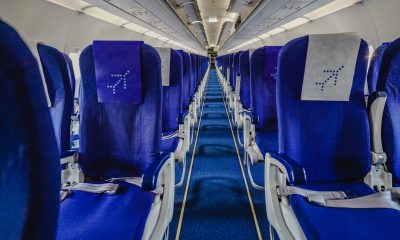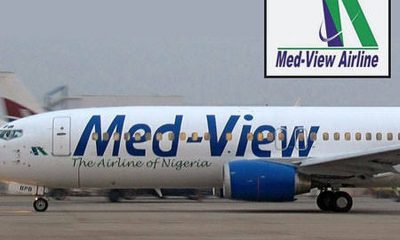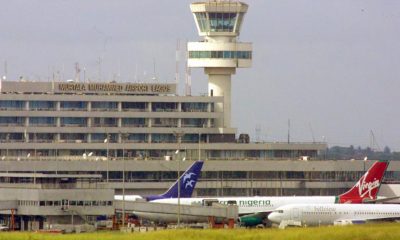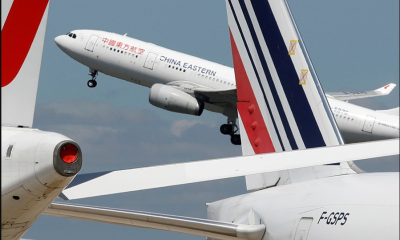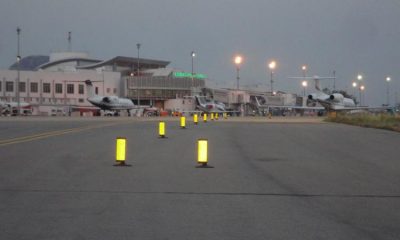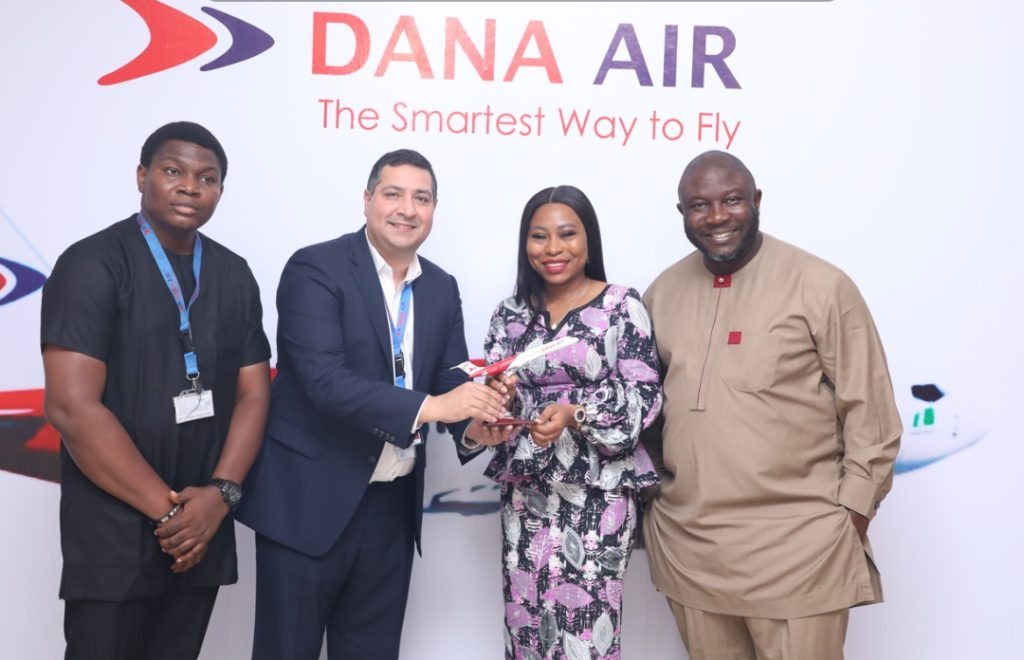By ISAAC TERSOO AGBER
THE mortality rate of Nigeria’s indigenous airlines is between 5 to 10 years, pundits have observed. Any airline that survives in business after 10 years without going under, suffers malfunction in the face of unfavorable policies on the part of government. It is also observed that the airlines have become “cash cows” slaughtered on the altar of greed by government agencies. As they struggle to operate in a hostile business environment with poor infrastructure, they are compelled to pay unnecessary dues in the name of taxes apart from the high cost of fuel, maintenance and insurance premiums.
Infuriated by this trend, the Chief Executive Officer of Sabre Network West Africa, Mr. Gbenga Olowo, an aviation consultant and current President of Aviation Round Table, challenged the Federal Government to save the airlines from the state of insolvency. According to him, having x-rayed the operations of the airlines today, it is discovered that they are “precariously” insolvent. He said all the airlines are owing huge debts to fuel suppliers, workers, government and trade partners. Arik Air, which will clock 10 years in the industry this year as the largest indigenous airline, is already feeling the heat of indebtedness valued in billions, with the recent revelations by the Federal Airport Authority of Nigeria (FAAN) in the face of endless reconciliation and dispute of accounts with huge flight disruptions.
Olowo called on the government to set up revenue collection agents either individual firms or banks to collect user charges of TSC, PSC, Vat, etc being collected on tickets and eroding airline revenue with several debt burden and conflict with government agencies. He charged the government to put in place favorable policies and create a business-friendly environment for the airlines to increasing their fortunes in the industry which will translate to increase in the nation’s GDP within a timeframe of 5 years now to 2020.
According to him, a 5/20 rule which would require airlines to grow fleet by 20 aircraft every five years, will yield a positive result in the industry.
“President Muhammad Buhari should task aviation ministry to deliver at least 1% of the GDP by 2020. It is presently 0.4 %, a grossly underperforming sector. By implication the sector will be required to grow annually at 25/30% and this is achievable. If we apply 5:20 rule to our airlines requesting them to grow fleet by 20 aircrafts every five years, it means three airlines by 2020 will parade a minimum of 60 operational aircrafts each, provide jobs for 15,000 workers and 30,000 workers with 120 aircrafts by 2025 at the rate of 250 workers per aircraft,” Olowo said.
He explained that by this rule, only Arik can stand alone at the moment. Airport, adding that airspace and catalytic activities will also grow simultaneously. “This is the only way to rescue market share from foreign airlines who must repatriate up to 95% of their income back to their home country in USD in the face of continued weakening of the Naira. Truth be told, 5-10 aircraft airlines as we have it today cannot be described as strong schedule players.”
ALSO SEE: Shortage of MRO facilities crippling Nigeria’s infant airlines — Experts
In line with this initiative, Olowo suggested that all the existing 7 operators should pool their resources together, operate under one AOC, harmonize their schedule and stop the “stupid” ongoing competition among themselves. Then the industry will be having two near strong players to compete against the foreign giants.
Olowo observed that a stand-alone operation in airline business does not stand the test of time as has been observed in the past three decades. He said the airlines are usually weak, limited and unable to compete unlike their foreign counterparts who form strong synergies to tackle overwhelming challenges.
He also advised that the airlines can become membership to the International Air Transport Association / IATA Operational Safety Audit so they can operate under established standards and recommended practices that are measurable and guarantee good quality service every time and all the time.
“A lot of synergistic benefits are also derived through interlining, code sharing and price hedging. The domestic airlines will benefit immensely if they can plug into these programs to further strengthen their operations. Some are already members such as First Nation, Arik and Aero. Others should follow suit,” Olowo said.

 Entertainment6 days ago
Entertainment6 days ago
 Health1 week ago
Health1 week ago
 Health4 days ago
Health4 days ago
 Football1 week ago
Football1 week ago
 Football1 week ago
Football1 week ago
 Crime5 days ago
Crime5 days ago
 Education6 days ago
Education6 days ago
 Crime1 week ago
Crime1 week ago


